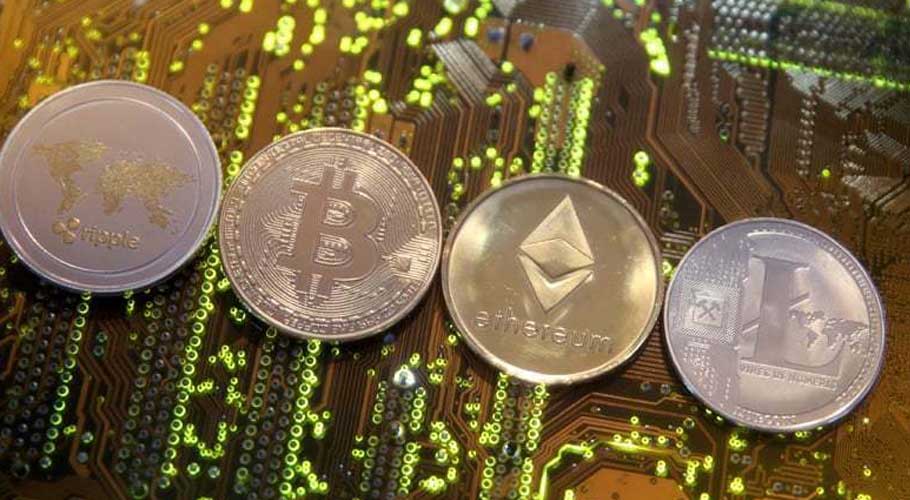NEW DELHI: Indian government is set to introduce a bill to ban private cryptocurrencies and create a framework for a central bank-backed digital money, its parliament said in an announcement on Tuesday.
“The proposed bill seeks to ban all private cryptocurrencies in Indian and will for certain exceptions to promote the underlying technology of cryptocurrency and its uses,” the official document shared by the Lok Sabha stated. However, the initial document doesn’t provide any clarity on these exceptions.
The document further stated that the decision has been taken to promote the official digital currency which will be issued by the Reserve Bank of India (RBI). The RBI shown the intent of bringing its own crypto but is yet to announce one.
Earlier this month, India’s Prime Minister Narendra Modi said all democratic nations must work together to ensure cryptocurrency “does not end up in wrong hands, which can spoil our youth” – his first public comments on the subject.
It is the latest such move by a major emerging economy, after China declared all cryptocurrency transactions illegal in September. India’s crypto market has boomed since the country’s Supreme Court overturned a previous ban in April last year, growing more than 600 percent over the past year.
Between 15 and 100 million people in Asia’s third-largest economy are estimated to own cryptocurrencies, with total holdings in the billions of dollars. Their investments will now face an uncertain future.
India’s central bank announced in June that it is working to introduce its own digital currency by the end of the year, while warning it has “serious concerns” about private cryptocurrencies like Bitcoin, Ethereum and others.
“The wording has created a panic,” Kashif Raza, founder of crypto-education platform Bitinning, said, adding that the industry expected the government to take a more favourable view after recent consultations with the industry.
“Obviously there will be a shutter-down on the industry,” he said, adding, “The industry will die in its natural way. Intellectual capital will move away, investors will face losses.”
Under scrutiny
Cryptocurrencies have been under scrutiny by Indian regulators since first entering the local market in 2013.
A surge in fraudulent crypto transactions following the Modi government’s demonetisation of nearly all banknotes in 2016 led to the country’s central bank banning crypto transactions in April 2018.
The Supreme Court lifted the ban two years later and investments have surged in the time since. Indians have been bombarded in recent months with advertisements for CoinSwitchKuber, CoinDCX and other home-grown crypto exchanges across television channels, online streaming services and social media.
These platforms spent more than 500 million rupees ($6.7 million) on advertising spots during the recently concluded T20 World Cup, research by TAM Sports showed, with viewers subjected to an average of 51 cryptocurrency advertisements per match.



































